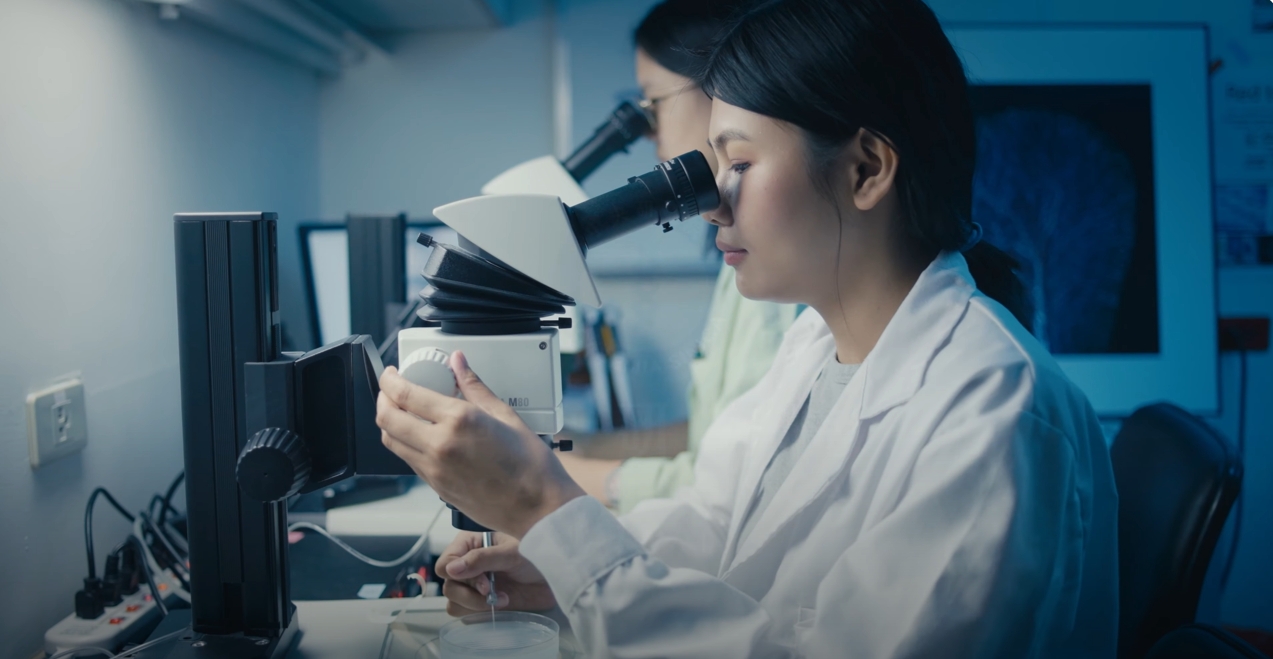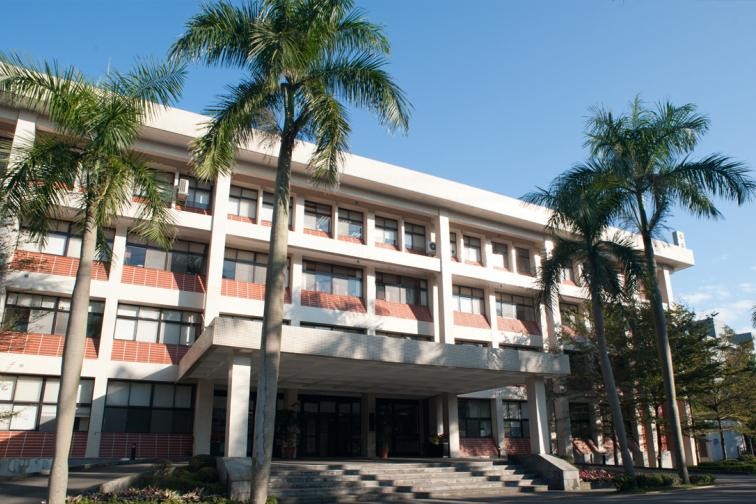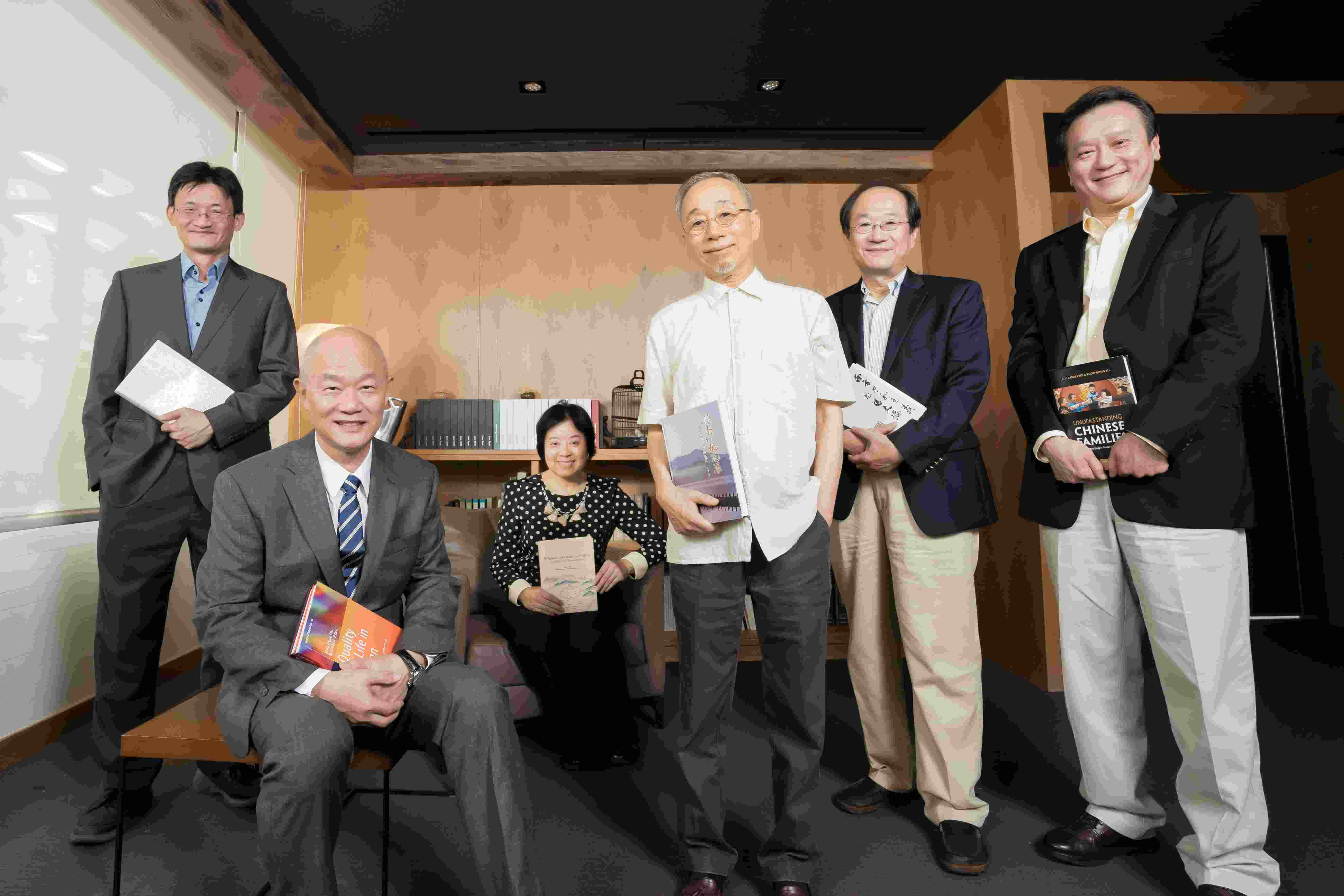- 演講或講座
- 生物醫學科學研究所
- 地點
生醫所地下室B1C演講廳
- 演講人姓名
Dr. Yu-Chih Chen (Univ. of Pittsburgh)
- 活動狀態
確定
- 活動網址
Abstract:
Due to genomic and epigenetic instability of cancer cells, inter-patient and intra-patient heterogeneity in tumors creates formidable challenges in understanding mechanisms of disease and identifying optimal treatments. Single-cell analytic methods are required to address these challenges; and these methods are especially advantageous when only a few cells are available, such as circulating tumor cells (CTCs). I developed a contamination-free high-throughput single-cell transcriptome sequencing platform and successfully analyzed 666 CTCs from 21 breast cancer patients. With significantly more CTCs analyzed than previous studies, we identified distinct CTC subpopulations with potential implications for directing treatment. Using my expertise in micro-fabrication and automation, I developed high-throughput (thousands of data points per chip) micro-systems for single-cell analysis, by which I characterized cancer cell migration and engulfment of stromal cells on-chip and established its association with cancer metastasis. In addition to functional studies, I applied machine learning techniques to correlate cellular morphological features with cell migration and cancer drug response. Machine made significantly better predictions than experienced researchers, and I found novel morphological features facilitating breakthroughs in mechanistic understanding of cell migration. The integrated functional, transcriptome, and morphological single-cell analyses augmented with machine learning will change how we understand cancer and ultimately improve the outcomes for patients.
Bio: Yu-Chih Chen received his dual bachelor degrees in Electrical Engineering and Law from the National Taiwan University, Taipei in 2008, his Ph.D. degree in Electrical & Computer Engineering at the University of Michigan, Ann Arbor in 2014, where he continued to work as a research faculty in both Electrical & Computer Engineering Department and Forbes Institute for Cancer Discovery. He is currently an assistant professor in the Department of Computational and Systems Biology and UPMC Hillman Cancer Center at the University of Pittsburgh School of Medicine. He is also affiliated with Joint CMU-Pitt Ph.D. Program in Computational Biology. He is the recipient of Taiwan Semiconductor Manufacturing Company (TSMC) Outstanding Student Research Award (2008), Orenstein Ph.D. Fellowship (2009), Best Post-Doctoral Speaker Award in Microfluidics in Biomedical Sciences Training Program, UMich (2015), Emerging Forbes Scholar selected by Forbes Institute for Cancer Discovery (2017), and Hillman Early Career Fellow for Innovative Cancer Research (2021). His current research focuses on high-throughput single-cell analysis, next generation sequencing (NGS), and machine learning for cancer precision medicine.









 首頁
首頁

